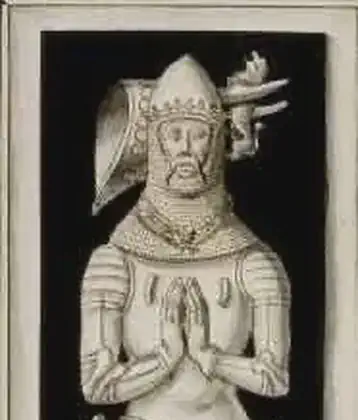On August 03, 1916 in Celtic History
Roger casement, is hanged
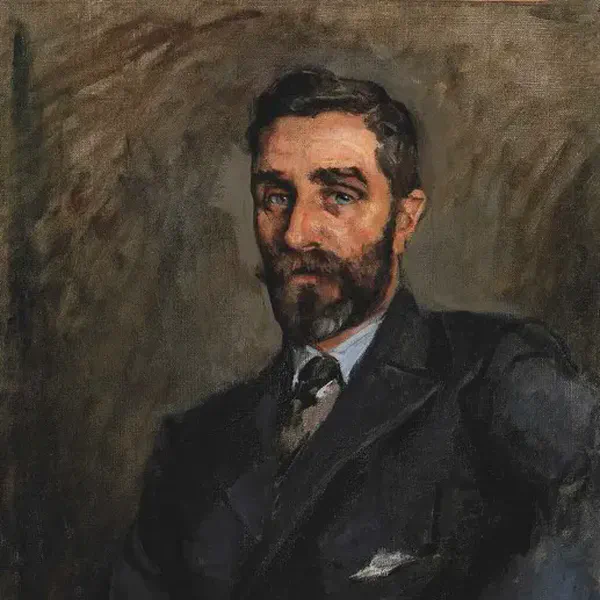
Roger Casement, Irish patriot, is hanged by the English in Pentonville Prison, London. He was the last to be executed as a result of the Easter Rebellion
Roger David Casement (Irish: Ruairí Dáithí Mac Easmainn;[1] 1 September 1864 – 3 August 1916), known as Sir Roger Casement, CMG, between 1911 and 1916, was a diplomat and Irish nationalist executed for treason during World War I.
He worked for the British Foreign Office as a diplomat, becoming known as a humanitarian activist, and later as a poet and Easter Rising leader.
Described as the “father of twentieth-century human rights investigations”, he was honored in 1905 for the Casement Report on the Congo and knighted in 1911 for his important investigations of human rights abuses in the rubber industry in Peru
1916 Easter Rising
During World War I, he made efforts to gain German military aid for the 1916 Easter Rising that sought to gain Irish independence.
He was arrested, convicted and executed for high treason. He was stripped of his knighthood and other honors. Before the trial, the British government circulated excerpts said to be from his private journals, known as the Black Diaries, which detailed homosexual activities.
Given prevailing views and existing laws on homosexuality, this material undermined support for clemency for Casement. Debates have continued about these diaries: a handwriting comparison study in 2002 concluded that Casement had written the diaries, but this was still contested by some.
More From This Day
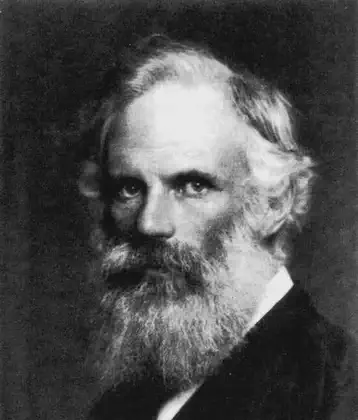
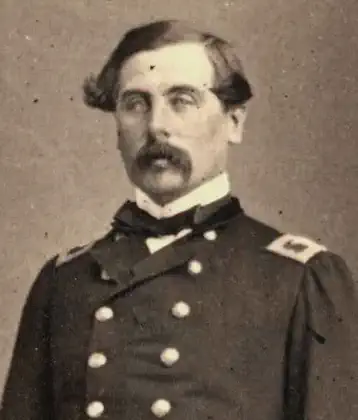
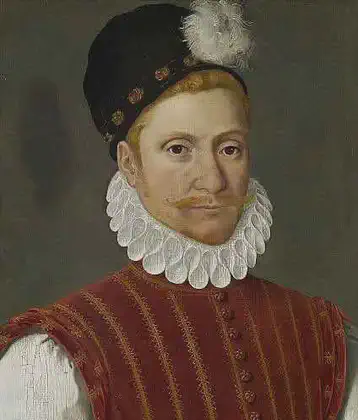
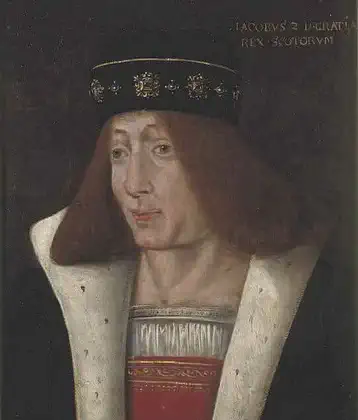
King James II killed by an exploding cannon at the siege of Roxburgh Castle.
August 03, 1460
